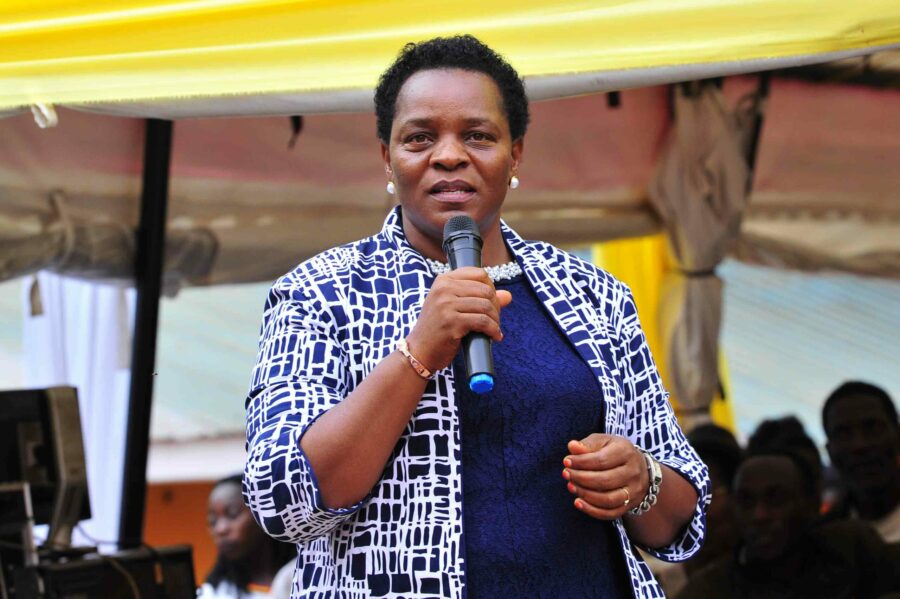The strategy outlines a phased and secure approach to integrating digital learning in basic and secondary schools across the country, reflecting the Ministry’s commitment to modernizing Uganda’s educational landscape.
However, amid concerns over student safety and regulation, the Ministry has temporarily halted the use of handheld mobile devices, such as phones and tablets, by learners on school premises until clear policy guidelines are established.
The Digital Agenda Strategy seeks to enhance both the quality of learning and the management of education through electronic tools, embedding digital technologies into teaching and administrative processes.
Yet, this initiative has sparked a public debate, particularly regarding the use of mobile devices by students in schools. In response to these concerns, the Ministry emphasized a cautious approach, prioritizing learner safety and addressing the financial burden on parents.
On Monday, the Ministry issued a clarification document stating that handheld mobile devices, including phones and tablets, are currently prohibited for learners on school premises until specific policy standards and guidelines are finalized.
These forthcoming policies will outline the roles and responsibilities of all stakeholders, including schools, teachers, parents, learners, internet service providers, and device manufacturers, ensuring a comprehensive framework for digital integration.
In the interim, the Ministry recommends that schools utilize desktops and laptops within designated computer laboratories as the primary digital tools for students.
This common-user facility arrangement helps reduce the financial strain on families and maintains equitable access to digital learning resources, supporting a safe and inclusive approach to digital education.
Ensuring Digital Security and Online Safety
Central to the Digital Agenda Strategy is the Ministry’s commitment to digital information security and the online safety of learners. The strategy mandates that all learning institutions – from pre-primary to universities – ensure that internet services provided on school premises are free from harmful content. This includes stringent measures against access to pornography, gambling, and other criminal websites, in compliance with Uganda’s Computer Misuse Act, 2011, and other relevant laws.
School administrators, as the responsible accounting officers, are tasked with the critical role of implementing and monitoring these safety measures to protect students in the digital learning environment.
While the Digital Agenda Strategy promises to transform the educational sector, challenges remain in its implementation. Key among them is the balance between leveraging technology to enhance learning and safeguarding the well-being of students. The development of comprehensive policy guidelines will be crucial in addressing these challenges, ensuring that digital integration in schools is beneficial, secure, and sustainable.
The Ministry affirmed that is committed to a collaborative process in finalizing these guidelines, engaging with all stakeholders to address their concerns and expectations. By doing so, the Ministry aims to create a digital learning environment that is both innovative and protective of Uganda’s young learners.
Meanwhile, the launch of Uganda’s Digital Agenda Strategy marks a significant step towards modernizing education, promising enhanced learning experiences through digital technologies.
However, the Ministry’s cautious approach to mobile device use underscores its commitment to safeguarding students while navigating the complexities of digital integration. As the strategy unfolds, continued dialogue and stakeholder engagement will be key to realizing a future where digital education is both a powerful tool and a safe space for all learners.
















